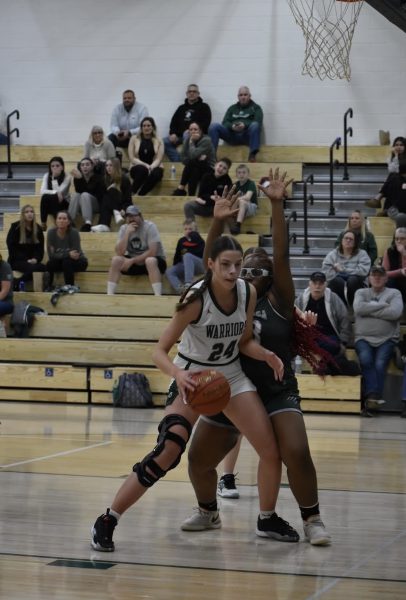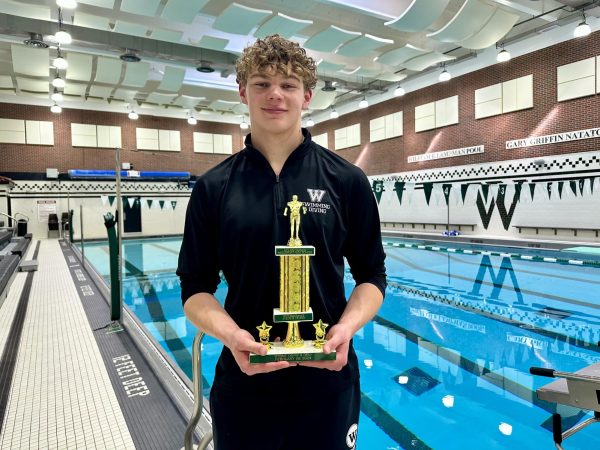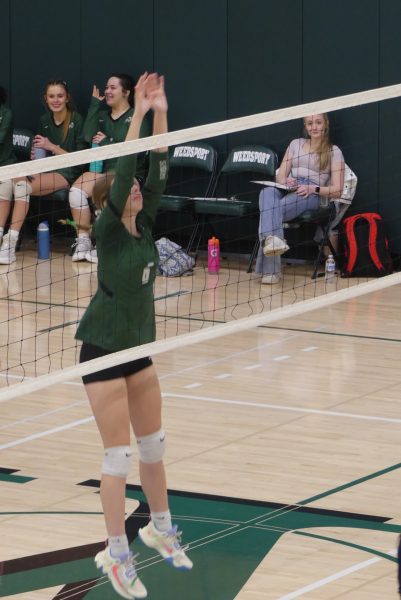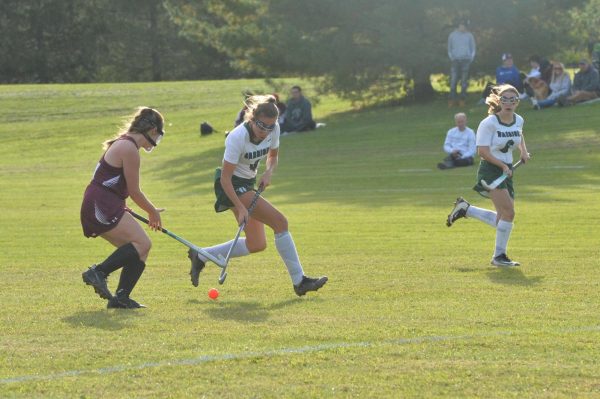Sports v. Education: An Up and Coming Debate
http://www.theatlantic.com/magazine/archive/2013/10/the-case-against-high-school-sports/309447/
The Athletic Side: Jordan Lally
In the above link is an article by Amanda Ripley. In her article, she argued that sports were too important here in the United States and were a distraction from learning in high schools. She listed the extensive costs of athletics with football coming in at the number one most expensive sport in high-school. With all the hidden costs of football (maintaining the field, coaches, helmets, pads, buses and officials to name a few) and other sports, Ripley believes that this money could be used to bettering the learning environment for students. Technology could be improved, more teachers could be hired and academics could be held to the same standard as sports. Ripley pointed out that sports have taken over the American school systems and focus on academics is diminishing.
She included several case studies in her article, one being of a small school in Texas that was about to be shut down due to shrinking population and poor test results. The new superintendent, Ernest Singleton, decided to suspend all sports in order to refocus the school environment on learning. The students were shocked, but his decision proved worthy in the fall. With fewer fights, and kids doing better in classes, Singleton managed to save the district from closing
When presented with an example such as this one, one that seemed to be surprisingly successful, it’s tough to argue with. If suspending sports seemed to have that effect on students, why not try it everywhere? The problem with Ripley’s example, and the major difference in Weedsport, is that we are not a low performing school. As many of you may remember from a few years back, we are in the top 10% in the nation. Needless to say, that’s impressive for a school so small, and we certainly have a lot to be proud of academically.
Our athletic achievements are no small feat either. Our boys’ varsity basketball team was declared league champs this year and our girls varsity basketball team was league champs in 2012 and sectional champs in 2013. Softball was league champs in 2012, boys track have been league champs since 2010, cross country since 2011 and football in 2013.
Sports teams are very important to community and play a huge role in the everyday life of a student athlete. Does Ripley’s argument that sports are a distraction still apply to Weedsport? I don’t think so. We are fortunate enough to be a high performing school, both athletically and academically, proving we can handle a healthy dose of sporting events and still keep our grades high.
Some argue that sports don’t include all students; that students who are not athletically inclined are not welcome in an athletic environment. I, for one, know that that’s not true. I play field hockey and run track, yet I’m not extremely coordinated, fast, strong or skilled. With the help of my coaches and my own self-determination, I learned a skill that I doubt could be taught in the class room to the same degree that I learned while I was struggling for breath on the field hockey field. Never give up. Even if you are dead last, every time (as many of my track events ended up) you don’t stop until it’s done. If you keep at it, the “pity applause” that the last place contestant receives, turns into thunderous cheers and a genuine effort from the crowd when you place.
I understand that it’s hard for some to put themselves out there if you think you’ll come in last. But when you do, it can have a positive effect on you if you choose to look at it the right way.
Even for those students who prefer not to challenge themselves through sports, there are other outlets that are associated with sports, since that seems to be the main focus in our small community. Art students can design banners and signs to cheer on players. This past field hockey season, we needed a new warrior head on the goal boards, and we turned directly to Mrs. Fancher’s art students. If you are a writer you can write season previews or features on players for The Johnny Green. Perhaps most importantly, sporting events are open for the entire school. Football draws the biggest student crowd but when we all pile in the gym for a big basketball game, the energy in incredible.
Sports are something that every student can take part in, one way or another here in Weedsport, but it’s also important to recognize and take pride in our academic achievements. If students got as pumped for good grades as they did for a basketball game, there would be no reason not to be proud to be a Warrior.
The Academic Side: Robby Sickler
I have recently read the article “The Case Against High School Sports” by Amanda Ripley (the link is above) and it has me thinking about athletics and their effect on grades in school. After reading his story I am convinced that American education focuses too much time, effort and resources into high school sports. While it can be argued that sports creates a healthy sense of competition and promotes teamwork, the money going into the programs could definitely be better spent on science and technology education, especially since these fields of study are going to play a big role in the future jobs and economy in America.
It’s not to say that I think all athletic events should be abolished from the educational system. A healthy body is as important as a healthy mind, and sports are a good way to stay in shape, remain active and stay away from bad influences like misusing drugs and alcohol. However, sports can take away focus from education, and as it is put in Ripley’s article, that merely walking into a school and being confronted by the trophy case, filled with awards for athletic achievement rather than scholastic ones. This might suggest to the average guest walking into the building, that they are entering an athletic club, rather than a school building.
A good system that both promotes academics and keeps athletic activities could be modeled after the Basis schools in Arizona. The information in Ripley’s article shows how these schools have athletic clubs, rather than school teams, and that anyone can join and participate in these clubs. There is also no long-distance travel in order to compete (so no missed classes) and any student wanting to play on the elite level can do so, on their own, outside of the school district. When these students from the Basis schools were tested, they outscored the average student in Finland, Korea and Poland. They even scored better than the average student in Shanghai, China, the region that scored No. 1 in the world for academics.
This shows that in moderation, athletic activity can be a beneficial factor to students. The problem is that athletes receive a lot of recognition for athletic achievement over academic ones. Here in Weedsport for example, pep rallies focus solely on sports teams, and very few academic teams such as the Math Team or Envirothon ever receive that level of recognition for success in their competitions. Ask a typical student here in Weedsport what their favorite part of the school is, chances are they will give a response relating to sports in some way. Weedsport is known for Friday night football games under the lights, much more than for being in the top ten percent of schools in the nation for academics.










